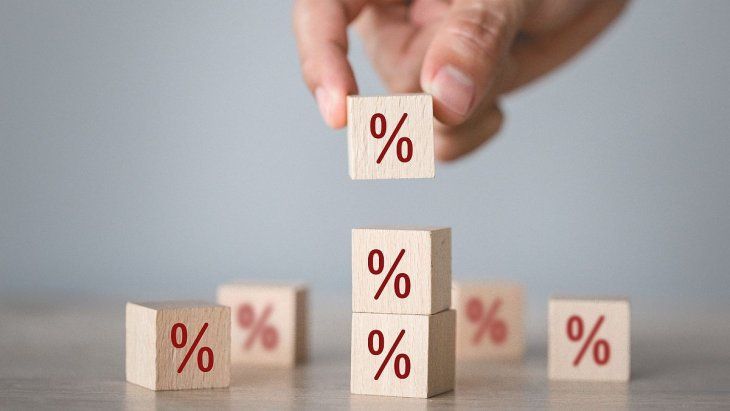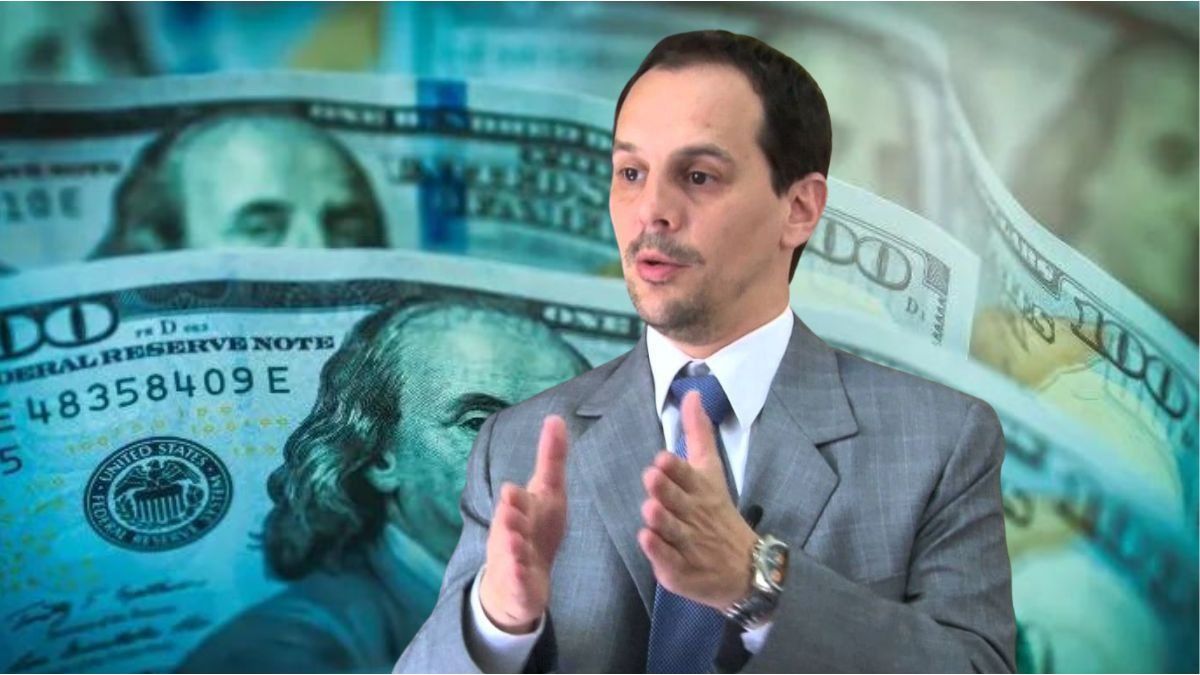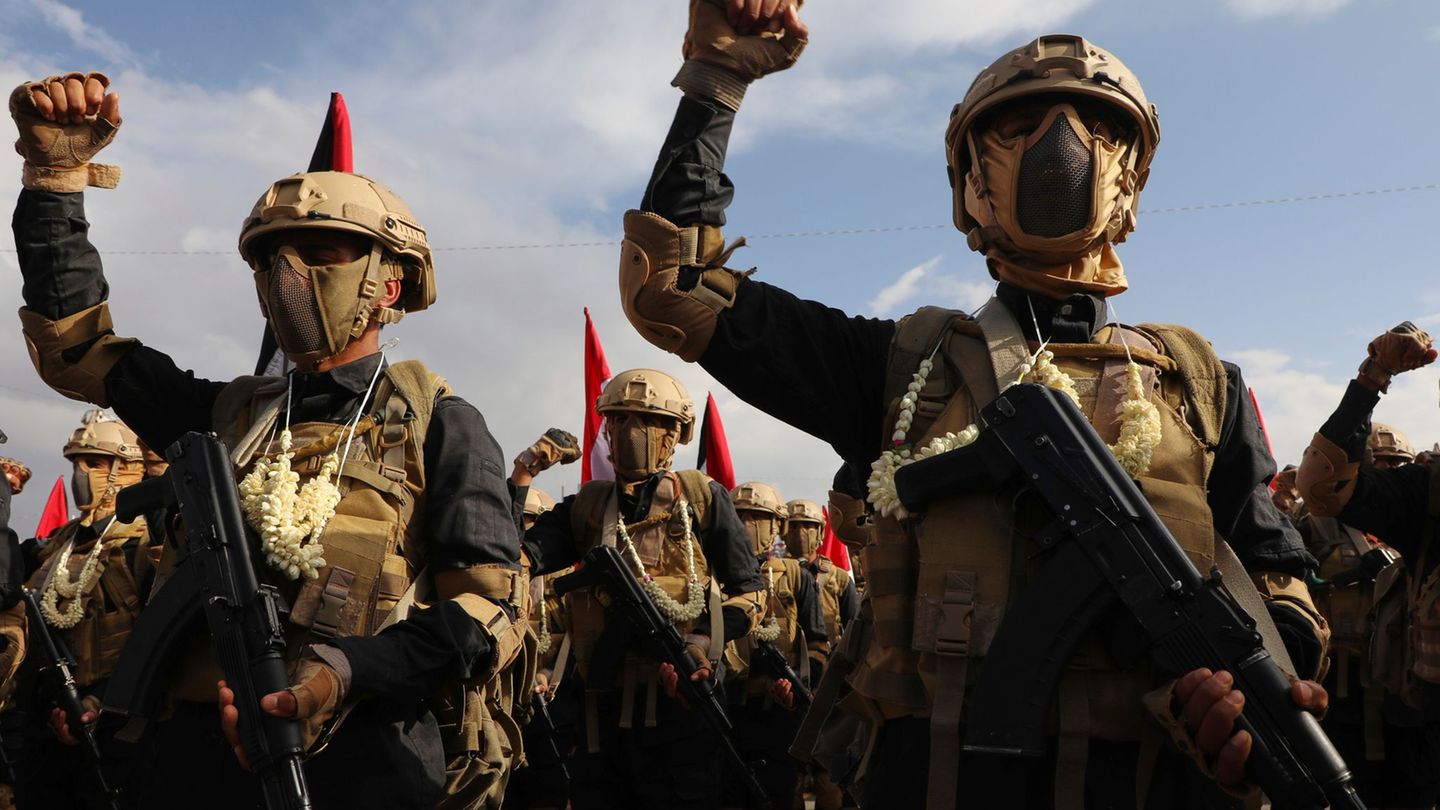The exchange market started agitated this July. He Official dollar jumped to $ 1,245, while the Blue You get $ 1,215 for purchase and $ 1,235 for sale, marking a rise of $ 25 in just a few days.
Faced with this scenario, many savers ask themselves if we are facing the beginning of a new exchange crisis. However, the economist Fausto Spotornodirector of the OJF Economic Studies Center, it was clear: “Argentina is far from a exchange crisis.”
Why the dollar rises in July, according to Spotorno
In dialogue with now Play, Spotorno reviewed the reasons for the rise: “All joules rises the dollar because people charge the bonus and goes out to buy dollars,” he said.
In addition, he recalled that in July they usually increase withholdings: “Exporters have already liquidated much of their sales before the withholdings rise,” he explained.
DOLLAR PESOS
Depositphotos
Another key point is the flotation bands: “If the dollar was closer to the floor than from the roof, it was likely to move. It is not worrying as long as it is inside the bands,” he said.
For Spotorno, the current conditions do not resemble the turbulence of 2018: “There is no carry today because there is no capital entrance,” he compared.
What is convenient today: dollar or fixed term?
The great doubt of the Argentines is maintained: Does it should buy dollars or make a fixed term?
In the middle of the exit of JP Morgan Of the Argentine bonds – the bank warned that he prefers to wait better opportunities for entry – Spotorno said that this replication “is no novelty” and that it reflects what any prudent investor thinks in an electoral context: “Try to reach the elections at less risk.”
According to the economist, for most Argentine savers, the answer is clear: “Many people want to keep their money because they are conservative at the financial level. He is not thinking about the carry trade or rates. The one who is conservative will be thrown out of the most conservative option, which is the dollar,” he recommended.
In other words, Spotorno suggests that, as long as electoral uncertainty and political noise last Staying in dollars remains the most prudent option For traditional savers.
Investments fixed term.jpg

Depositphotos
What will happen after the elections?
Asked about what can happen after the October elections, Spotorno did not rule out important changes in economic policy:
“When the electoral noise passes, they will begin to take measures in debt, financial and exchange policy,” he predicted.
Source: Ambito
I am a 24-year-old writer and journalist who has been working in the news industry for the past two years. I write primarily about market news, so if you’re looking for insights into what’s going on in the stock market or economic indicators, you’ve come to the right place. I also dabble in writing articles on lifestyle trends and pop culture news.




